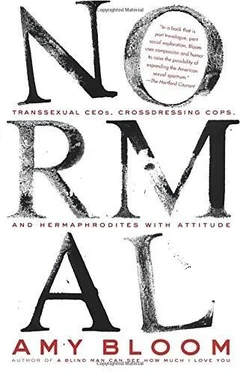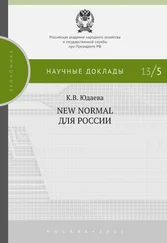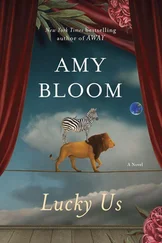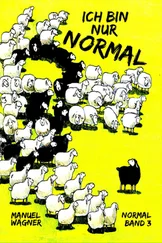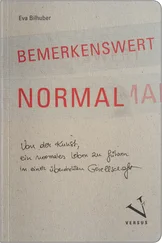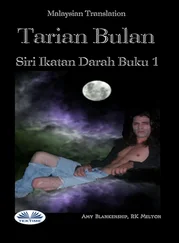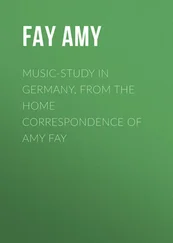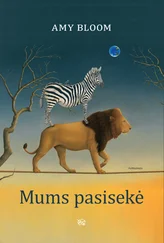“I grew up in a nice, materially comfortable middle-class life. But. I carried a deep, dark secret around with me. I was pretty strange anyway. I was not an easy child to raise — my mother had her times with me. I believed that my feelings mattered, even though I was a child. I was an offensive child. I would not be taken advantage of, I would not be ordered about. I was just a short person, but a person. I know a kid just like that now. Completely obnoxious. I love him.
“I hate to sound like Mario Thomas, but I just wanted to be free to be me, whatever that was. And I didn’t know, although I kept going to the library, trying to find out. Until I was six, I was a happy child. Boy games, boy clothes, even a little girlfriend up the street. And after going off to school, horrified that I had to go in what felt like drag, sure that everyone would laugh at me, I knew that I’d better get used to it, because this body was not becoming male and it clearly made a difference to the world. I tried to do what I was supposed to in adolescence, tried to be the Last Lady, like my mother and my sisters, which I did pretty well. I didn’t even bother trying to be a tomboy, it would have been absurd by then. My breasts were huge — they were ridiculous, size 46 double Z. But Joan of Arc did it for me, explained me to me, when I encountered her in school at the age of nine. I thought, Well, here we go, and when I was twelve, finally, I found a book on transsexuals.
“After graduate school,” Michael continues, shaking his head over another five wasted years, “I thought, Well, maybe I’m a lesbian. Could be — I know I’m attracted to women. I went to consciousness-raising meetings, and I’d listen and feel like a fraud. One girl said, ‘What makes each of us feel like a real woman?’ and while they went around the room answering, I thought, Nothing. Absolutely nothing on earth makes me feel like a woman.
“I’m just a plain old heterosexual man, and I didn’t want to spend my life having relationships with women who had never, ever been with a woman before and didn’t know why they were attracted to me. I wanted a life. I’m not a professional transsexual. I don’t think of myself as transsexual anymore. I was one, I made that transition, now I’m just a man.”
Michael says, “Let me tell you about my terminally polite family.” And although he himself borders on the terminally polite, he tells me funny, sad, outrageous family stories, the kind we all use to entertain company, deflect sympathy, and connect without too much feeling. His father, born early enough in this century to have heard stories of slavery from his father, always told Michael that he was entitled to be happy, and that God would not have put such an unusual child on this earth without purpose.
“He said to me, ‘You’re not the first freak in the family, and you’re not likely to be the last.’ My poor mother. I’m dead to her. We see each other, we love each other, but the loss of her daughter was terrible. And I feel her pain. But I couldn’t do otherwise. I know she would have preferred the husband, the kids, the house, and the Valium, but I couldn’t. The first time someone suggested I might want to kiss a man, I thought, Don’t be ridiculous.”
At funerals and weddings, the old folks who had known Michael before puberty as a tough little girl nicknamed Butch were comfortable with him. And the young kids would call him over to their table at the party and brag to their friends, “Go on, Uncle Mike. Tell them how you used to be a girl. Tell them.” One elderly uncle approached him at a funeral. “So, you’re a man now. Well, well. How you doin’? How’s your health?” And when Michael said that his health was fine, thank you, the old man sat him down for twenty minutes so they could talk about his rheumatism.
“They figured I had my health, I had a job, God bless me. My aunt figured my mother needed a strong man to lean on, so God sent me. Indirectly, of course. I keep my blinders on, they serve me. I kept not receiving family wedding invitations, and I was so dense I’d call and say, ‘Where’s my invitation?’ And since in my terminally polite family there’s no way you could tell someone they weren’t invited, I kept showing up. After I found myself seated with the unemployed third cousin and his trashy girlfriend, I knew I wasn’t wanted and I kept thinking, Why didn’t they say so? But they couldn’t say so, and I finally figured it out.”
“And did you keep going anyway?”
“Hell, no.” He sits back and opens his tight hands. He makes himself smile, and his dimples show. “I was born black. I don’t expect people to like me, to accept me. Some transsexuals, especially the white MTFs, they’re in shock after the transition. Loss of privilege, loss of status — they think people should be thrilled to work side by side with them. Well, people do not go to work in mainstream America hoping for an educational experience. I didn’t expect anyone to be happy to see me — I just expected, I demanded, a little tolerance. Hell, I transitioned on the job. I didn’t even tell people what was going on. You remember I said I was an offensive child? A friend of mine said, ‘Uh, don’t you think you ought to say something? People want to know.’ And I said, ‘Let ’em ask.’ The transition was hard, but once I was completely male, people relaxed.
“I’m the same personality — a little more visually responsive erotically, maybe a little more aggressive, but I was always aggressive. You know what’s different? I have a toolbox. My whole life, I never thought about one, I’m not a big fixer. But now, every once in a while, I find myself buying another wrench, or one of those very small screwdrivers. That’s different.
“I’m prepared to make my own way. And I am. I’ve been fortunate — I’ve been loved, I’ve been married, I’m not an addict, not unemployed, not dysfunctional. I’m a decent person, I’m not ashamed. I don’t know why this condition chose me. We, people who have been through this transition — we are among the few people in the world who have overcome obstacles and fulfilled their lifelong dreams. All these obstacles, and I am who I dreamed I’d be, who I wanted to be. I’ll marry again, I’m going ahead with an adoption as a single man, my work’s going well. I’m damned fortunate.”
CONSERVATIVE MEN IN CONSERVATIVE DRESSES:HETEROSEXUAL CROSSDRESSERS



Heterosexual crossdressers bother almost everyone. Gay people regard them with disdain or affectionate incomprehension, something warmer than tolerance, but not much. Transsexuals regard them as men “settling” for crossdressing because they don’t have the courage to act on their transsexual longing, or else as closeted gay men so homophobic that they prefer wearing a dress to facing their desire for another man. Other straight men tend to find them funny or sad, and some find them enraging. The only people on whose kindness and sympathy crossdressers can rely are women: their wives, and even more dependably, their hairdressers, their salespeople, their photographers and makeup artists, their electrologists, their therapists, and their friends.
Drag queens (gay crossdressers) make sense to most of us. There is a congruence of sexual orientation, appearance, and temperament: feminine gay men dressing as women for a career, like RuPaul, or less lucratively, as prostitutes, or to express their own sense of theater and femininity. (Barney Frank as a drag queen makes no more sense, intuitively, than Dick Cheney.) Actors whose most famous performance is as a female, like Barry Humphries’s brilliant and textured Dame Edna or Flip Wilson’s one-note gag of Geraldine, don’t puzzle us. Tootsie and Mrs. Doubtfire and the boys in Some Like It Hot don’t puzzle us; they’re just men doing what they have to do to survive, learning a nice lesson about the travails of womanhood and giving one on he benign uses of masculine self-esteem. Even the crossdressing women of history, from Pope Joan to Joan of Arc to America’s jazz-playing Billy Tipton, from Little Jo Monaghan the cowpoke to Disney’s adorable Mulan, don’t puzzle us; they chose to live as men because they couldn’t otherwise have the lives they wanted.
Читать дальше
